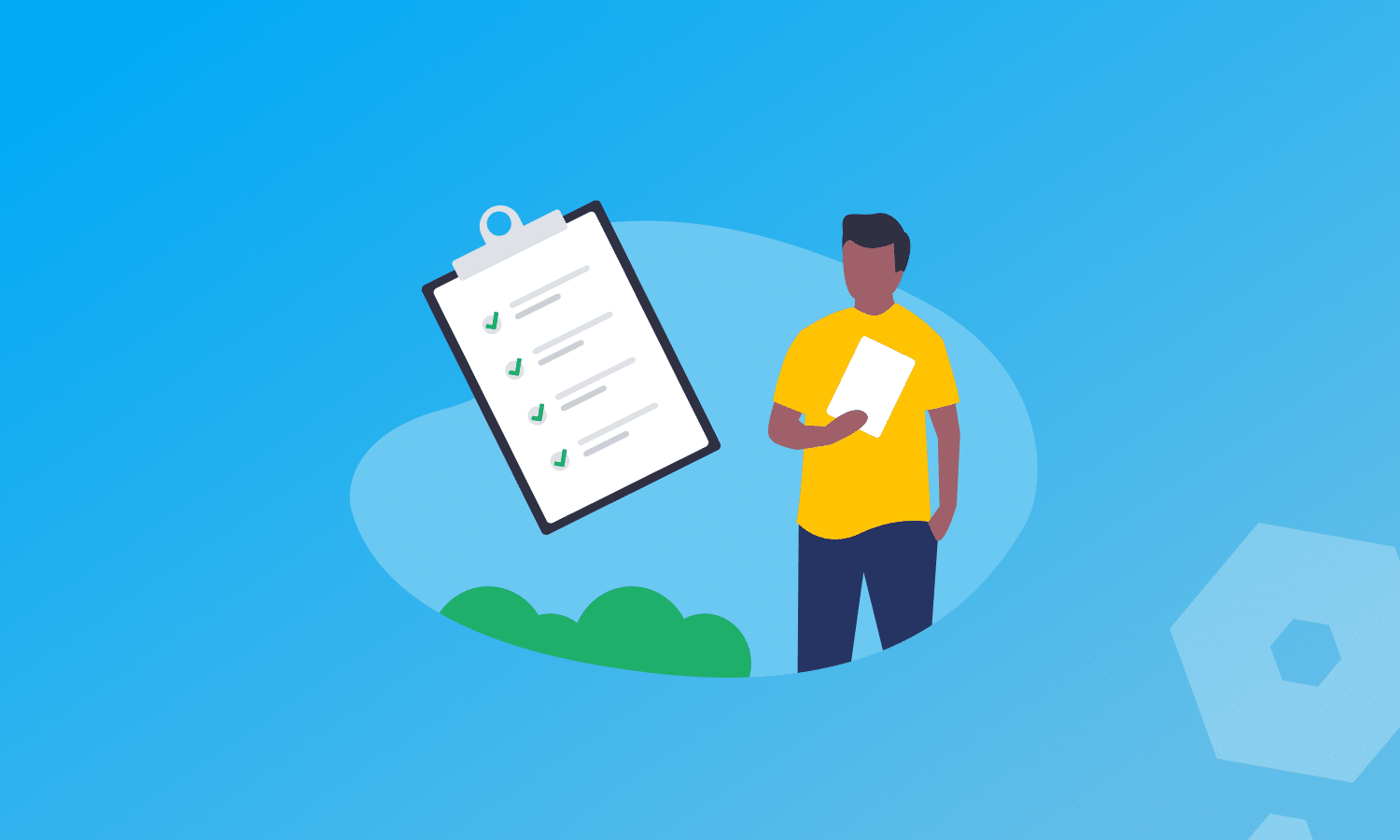The open office layout can be a pet hate for any office worker. The constant distractions, phone calls and background noise can mean many employees struggle to get their head down and concentrate on what they really need to.
If you’re a small business owner looking to expand, the chances are you will require employees to help you do so. If this is the case, and you want to ensure your office space is as productive as possible, here are some helpful tips from the Pandle team that may prove useful.







